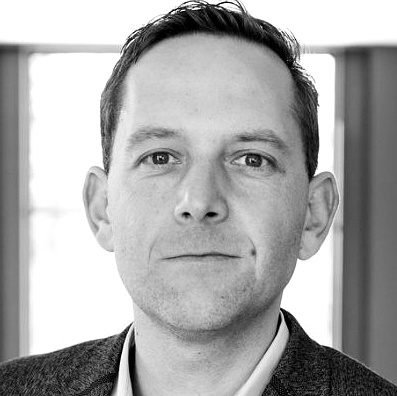David Friedberg's Book Recommendations
David Friedberg is an entrepreneur, investor, and founder of The Production Board, a company focused on creating and investing in businesses that aim to solve challenges in food, agriculture, and climate change. Friedberg is also the founder of Climate Corporation, a company that uses data science to help farmers manage weather risk, which was acquired by Monsanto for $1 billion. He is a strong advocate for using technology to address global environmental and food production challenges. Friedberg’s focus on sustainability and innovation has made him a leader in the intersection of agriculture, climate science, and technology.

Start Listening to Book Summary
Books in the Collection
Book Summaries
Lifespan Book Summary
In 'Lifespan,' renowned biologist David A. Sinclair unveils groundbreaking research on aging, revealing how we can manipulate our biology to extend our lives significantly. The book combines cutting-edge science with practical advice, exploring everything from genetics to lifestyle changes that can rejuvenate our cells. Sinclair shares personal anecdotes and fascinating studies, challenging the conventional wisdom surrounding aging and longevity. As he paints a compelling picture of a future where aging is optional, readers are left questioning what it means to truly live. Prepare to be inspired and intrigued by the possibilities of redefining your own lifespan.
Titan Book Summary
In 'Titan', Ron Chernow masterfully chronicles the life of John D. Rockefeller, America’s first billionaire and the enigmatic titan of the oil industry. Delve into the complexities of a man whose business acumen built an empire, yet whose practices ignited a fierce debate about capitalism and ethics. Chernow weaves an intricate tale of ambition, power, and the transformative impact of wealth on society. As readers navigate Rockefeller's rise and fall, they are left questioning the true cost of success. This gripping biography promises not just facts, but an introspective look into the heart of American enterprise.
The Godfather Book Summary
In 'The Godfather,' Mario Puzo immerses readers into the dark and dangerous world of the Mafia. At the center of it all is Don Vito Corleone, a powerful patriarch whose influence shapes the fate of his family and enemies alike. As betrayal and vengeance unfold, his youngest son, Michael, transforms from a reluctant outsider to a ruthless leader. This gripping tale of power, loyalty, and moral ambiguity begs the question: what price will one pay for family and ambition? Dive into a saga of crime and conviction that redefines the meaning of the American Dream.
Principles for Dealing with the Changing World Order Book Summary
In 'Principles for Dealing with the Changing World Order', Ray Dalio reveals the intricate patterns governing global shifts and power dynamics. Drawing on historical precedents and economic principles, he uncovers the cyclical nature of empires and their eventual decline. Dalio emphasizes the importance of understanding these principles to navigate the complexities of today's fast-evolving world. With a mix of personal anecdotes and rigorous analysis, he equips readers with tools to adapt and thrive amidst uncertainty. This thought-provoking exploration invites you to reconsider what the future may hold and how to prepare for it.
The Wizard of Menlo Park Book Summary
Step into the world of Thomas Edison as Randall E. Stross unravels the life of this icon of innovation in 'The Wizard of Menlo Park.' Discover the untold stories behind his inventions, the fierce competition he faced, and the eccentric personality that drove him. Delve into the birth of modern technology through the lens of Edison's Menlo Park laboratory, a hub of creativity and ambition. As you read, you'll uncover not just the genius of Edison, but also the societal changes his inventions sparked. Prepare to be captivated by the spirit of invention that echoes through time!
The Light of Other Days Book Summary
In 'The Light of Other Days,' a groundbreaking technology allows people to view any moment in time, unraveling the nature of privacy and human experience. As society grapples with the implications of unfiltered truth, relationships are put to the ultimate test, revealing hidden secrets and desires. The narrative intertwines personal stories with philosophical questions about surveillance and morality. As the protagonists navigate this new world, they confront the fragility of trust and intimacy. Will humanity transcend its voyeuristic tendencies, or will the light of every moment ultimately expose more than it heals?













